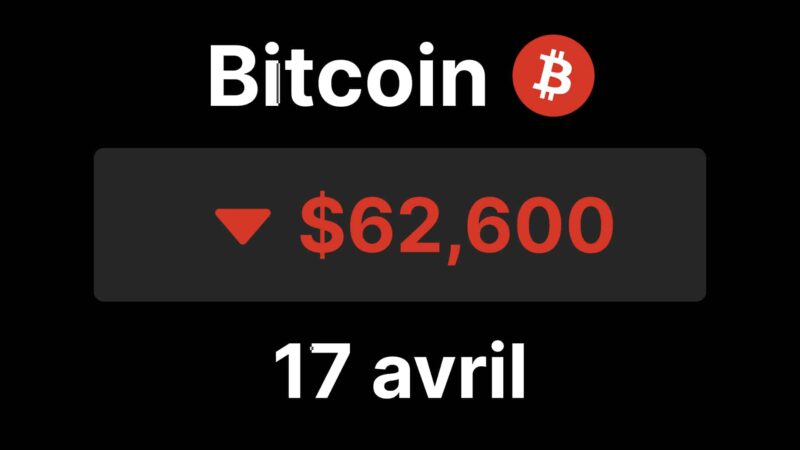US Federal Judge Rejects Coinbase’s Request to Dismiss SEC Lawsuit
A US federal judge has ruled that the Securities and Exchange Commission’s (SEC) argument that Coinbase operates as an unregistered broker, exchange, and clearinghouse is plausible. This decision marks a crucial step in the ongoing litigation between the SEC and one of the largest cryptocurrency exchanges.
Judge Katherine Polk Failla of the US District Court for the Southern District of New York rejected the majority of Coinbase’s request to dismiss the SEC’s lawsuit. She found that the regulatory agency had a plausible case against the exchange. The parties have until April 19th to agree on a scheduling plan for the case.
The Judge Sides with the SEC in Anticipated Ruling
Judge Katherine Polk Failla rejected Coinbase’s request to dismiss the SEC’s lawsuit. She determined that the regulatory agency had a plausible argument against the exchange. The parties have until April 19th to agree on a scheduling plan for the case.
SEC Allegations
Last year, the SEC filed a lawsuit against Coinbase, along with its rival exchange Binance, accusing them of violating federal securities laws by providing trading and staking services to the general public. The commission also argued that Coinbase Wallet was acting as an unregistered broker.
Nuances in the Court’s Decisions
However, the judge noted that while the SEC may have an argument that some of the tokens listed on Wallet could qualify as investment contracts, Coinbase did not appear to be acting as a broker, dismissing this part of the complaint. The judge also rejected claims that the SEC violated the Supreme Court’s Chevron Doctrine or the Administrative Procedure Act. She emphasized that Coinbase had been sufficiently warned that the SEC was taking action against cryptocurrency companies, citing the DAO Report and previous cases.
When a customer purchases a token on Coinbase’s platform, they are not just purchasing a token, which in itself has no value; they are investing in the digital token ecosystem, the growth of which is inherently tied to the value of the token.
Judge Katherine Polk Failla




